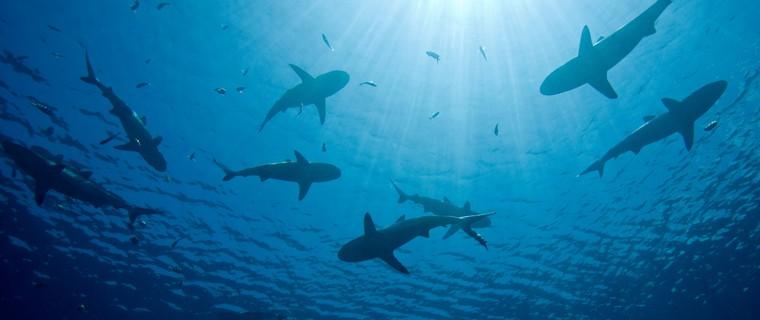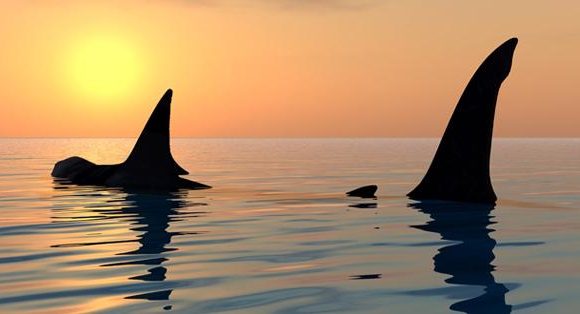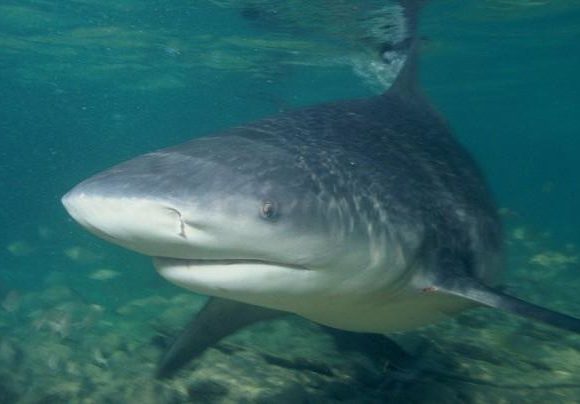Marine Litter: UK and Belizean Scientists Work Together in Tackling Marine Litter

Marine litter is a growing problem all around the world and Belize is no exception. So, in an effort to tackle litter in the ocean, scientists from Belize and the United Kingdom have joined forces to collect data that will help determine the type of items present in the ocean and the extent of their damage.
This effort is in line with the country’s goal to reduce litter, which can be dangerous to marine life since garbage and other plastic materials may be mistaken for food. They can also pose dangers to marine animals when they get caught up or entangled in large littered materials.
The Commonwealth Litter Programme (CLiP) funded by the UK government is also collaborating with local scientists from Commonwealth nations to help manage marine litter pollution, especially small pieces of litter known as microplastics, which may not be visible to the naked eye but just as dangerous as bigger litter materials.
Belizean scientists are working with scientists from CLiP in monitoring litter on the beaches of Belize and study their findings in a new marine litter laboratory. Nine trainees were given laboratory training and once completed, the new laboratory will be donated by CLiP to the Department of Environment in Belmopan.
The laboratory will play a big role in Belize’s actions on single use plastics and CLiP’s long-term goal of helping the country manage its marine litter.
Scientists from the Centre for Environment, Fisheries and Aquaculture Science (Cefas) from the UK also hosted a demonstration of their international protocols for cleaning Belizean beaches and recording different types of wastes found on these beaches following the dataset built and collected by The Scout Association of Belize that have been around for decades.
This event followed after the three-day training for Belizean scientists at the new laboratory at the University of Belize last week. The beach clean training will allow local scientists to gather and monitor relevant data over the next two months to determine any changes in the type or levels of marine litter in Belize’s environment.
Scientists from CLiP are also joining forces with local partners to identify the most prevalent forms of litter in Belize marine and river environments and trace their sources.
The new laboratory will allow Belizean scientists to perform sediment tests that will help them identify the level of harmful litter in rivers, seas and on beaches around the country. They will also be able to analyze biodata samples and measure microplastic levels inside fishes.
Briony Silburn, a CLiP monitoring scientist said: “Together, we cleaned a stretch of the beach and categorized the items we collected. We found a range of litter including metals, textiles and plastic items.
It’s great to see the passion the Belizean scientists demonstrated, and how quickly they took to the methods which will enable comparisons in the type and quantity of litter found, both over time and internationally.”
With the partnership between the UK and Belize, the issues on marine litter will hopefully be addressed efficiently in the near future and the action on single use plastic implemented properly.
References:














